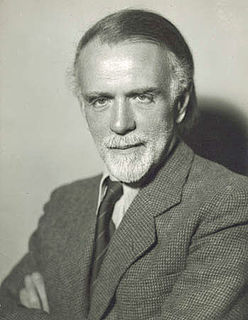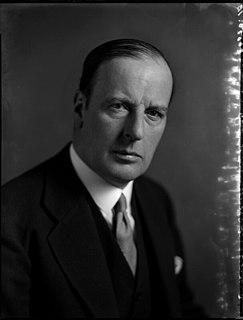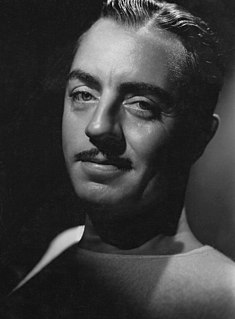A Quote by Zoltan Kodaly
Our age of mechanization leads along a road ending with man himself as a machine. Only the spirit of singing can save us from this fate.
Related Quotes
Future contingents cannot be certain to us, because we know them as such. They can be certain only to God whose understanding is in eternity above time. Just as a man going along a road does not see those who come after him; but the man who sees the whole road from a height sees all those who are going along the road at the same time.
Man is a machine which reacts blindly to external forces and, this being so, he has no will, and very little control of himself, if any at all. What we have to study, therefore, is not psychology-for that applies only to a developed man-but mechanics. Man is not only a machine but a machine which works very much below the standard it would be capable of maintaining if it were working properly.
Within each of us exists the image of God, however disfigured and corrupted by sin it may presently be. God is able to recover this image through grace as we are conformed to Christ. Just as the figure of David lay hidden within the marble, discernible only to the eye of its creator, so the image of God (however tarnished by sin) lies within us, see and known by God Himself. Yet God loves us while we are still sinners. He doesn't have to wait until we stop sinning. Acceptance of His love is a major step along the road that leads to our liberation from the tyranny of sin.
If any man would come after me, let him deny himself." The disciple must say to himself the same words Peter said of Christ when he denied him: "I know not this man." Self-denial is never just a series of isolated acts of mortification or asceticism. It is not suicide, for there is an element of self-will even in that. To deny oneself is to be aware only of Christ and no more of self, to see only him who goes before and no more the road which is too hard for us. Once more, all that self denial can say is: "He leads the way, keep close to him.
Let man only approach his own self with a deep respect, even reverence for all that the creative soul, the God-mystery within us, puts forth. Then we shall all be sound and free. Lewdness is hateful because it impairs our integrity and our proud being. The creative, spontaneous soul sends forth its promptings of desire and aspiration in us. These promptings are our true fate, which is our business to fulfill. A fate dictated from outside, from theory or from circumstance, is a false fate.
Modern prophets say that our economics have failed us. No! It is not our economics which have failed; it is man who has failed-man who has forgotten God. Hence no manner of economic or political readjustment can possibly save our civilization; we can be saved only by a renovation of the inner man, only by a purging of our hearts and souls; for only by seeking first the Kingdom of God and His Justice will all these other things be added unto us.
You know, and I know, the cause of this accident. It is due to the adventurous, pioneering spirit of our race. It has been like in the past, it is like that in the present, and I hope it will be in the future. Here is a great imaginative project, to build a machine with twice the speed and twice the height of any existing machine in the world. We all went into it with our eyes wide open. We were conscious of the dangers that were lurking in the unknown. We did not know what fate was going to hold out for us in the future.
God made us: invented us as a man invents an engine. A car is made to run on petrol, and it would not run properly on anything else. Now God designed the human machine to run on Himself. He Himself is the fuel our spirits were designed to burn, or the food our spirits were designed to feed on. There is no other. That is why it is just no good asking God to make us happy in our own way without bothering about religion. God cannot give us a happiness and peace apart from Himself, because it is not there.







































